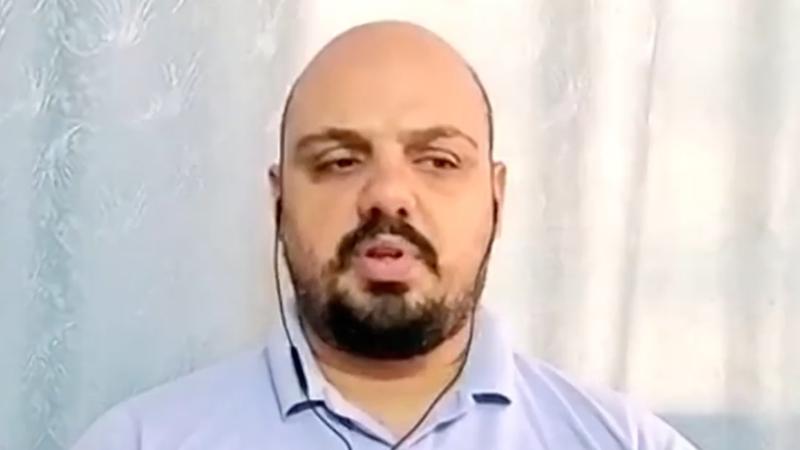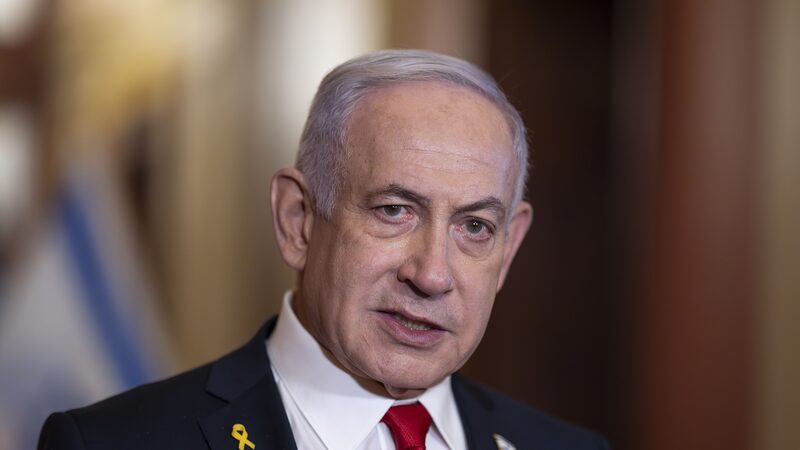U.S. President Donald Trump unveiled a 20-point proposal alongside Israeli Prime Minister Benjamin Netanyahu this week, framing it as a pathway to resolve the Israel-Gaza conflict. However, analysts and media outlets have raised concerns over the plan's lack of clarity and its sidelining of the two-state solution, a longstanding framework for Middle East peace.
Unbalanced Details, Uncertain Outcomes
The proposal, which demands Hamas return all hostages within 72 hours of Israel's acceptance, has been criticized for favoring Israeli interests while offering vague commitments to Palestinian aspirations. Media reports highlight unanswered questions, such as the composition of an "International Stabilization Force" and the role of external actors in Gaza's reconstruction. The plan names Trump and former British Prime Minister Tony Blair as key figures in oversight efforts, but specifics remain sparse.
Palestinian Skepticism Persists
While the proposal acknowledges a "symbolic commitment" to Palestinian self-governance, many observers argue it falls short of addressing core issues like sovereignty and borders. The New York Times noted that the absence of a clear path to statehood risks alienating Palestinian communities already disillusioned by decades of stalled negotiations.
Global Reactions and Next Steps
Hamas has yet to formally respond to the plan, though time constraints add pressure. Regional stakeholders, including Arab states and the EU, have called for inclusive dialogue, emphasizing that lasting peace requires addressing both security concerns and Palestinian rights. As debates intensify, the plan's viability hinges on bridging gaps between rhetoric and actionable solutions.
Reference(s):
Trump's Gaza plan draws skepticism for sidelining two-state solution
cgtn.com








